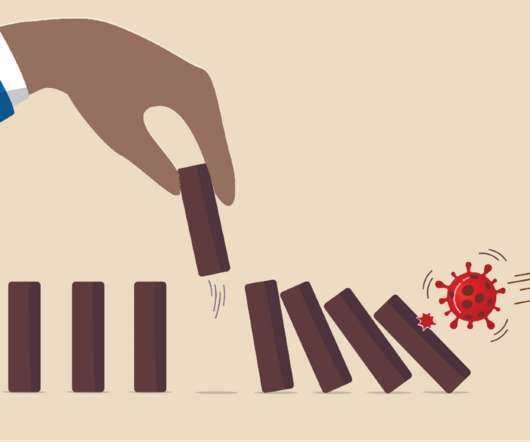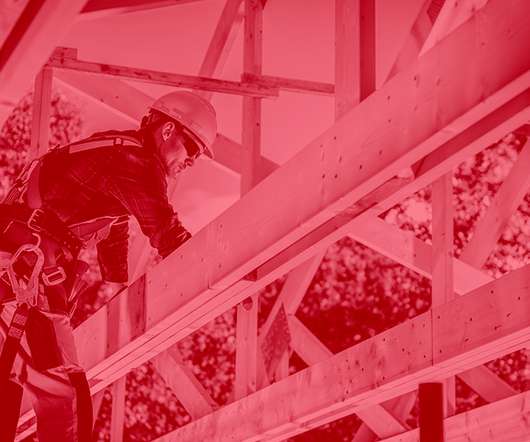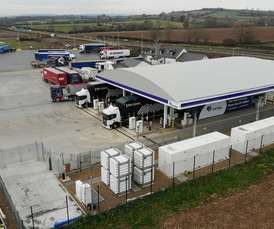The risky business of climate risk: 'Stop predicting the future'
GreenBiz
MARCH 8, 2021
Santona foresees the need for companies to talk with suppliers, even out to the third and fourth tiers, and to collaborate about climate change, identifying ways to harness renewable energy, reduce waste and streamline manufacturing and logistics. "At The risks of not sharing. The power of metaphor.





















Let's personalize your content